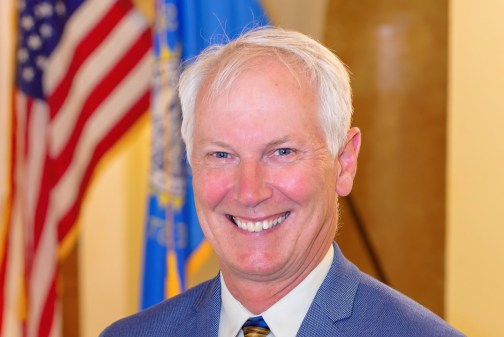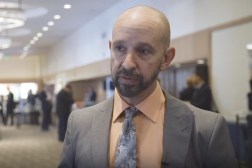Pardon me: Felons in South Dakota find relief online

South Dakota Gov. Dennis Daugaard announced the official launch of a new website Tuesday that will allow residents to apply for a gubernatorial pardon online.
The portal is designed to give residents a chance to avoid cumbersome paperwork. While pardons aren’t meant to be awarded en masse, the site simplifies procedures by helping people learn about the pardon process, discern their eligibility and apply online. Even if an offender has served prison time, felonies carry consequences that can last a lifetime, including loss of the right to vote, the consent to care for children and the ability to qualify for food or housing assistance or obtain employment.
“Another important component of better government is to be more open, accountable, and accessible. I have made this a priority, and we have made considerable progress,” Daugaard said, referring to the website in his State of the State address in January.
Applicants are walked through a series of 17 steps that require them to list their crimes and the status of their mental health, family situation, past addictions to alcohol or drugs, and how they’re contributing to society via community services and volunteer opportunities. The governor’s office sends this information to the state’s Board of Pardons and Paroles for review, and the top contenders are considered for a governor’s pardon.
“I am proud South Dakota is the first to have an online, paperless pardon process,” said Daugaard, a Republican, in a release. “The task of making state government more efficient and accessible requires a constant effort. In the last six and a half years we have also created a Boards and Commissions portal and an administrative rules website, and put more online than ever before.”
While South Dakota may be among the first to have an online process for governor-signed pardons, civic tech groups like Code for America have also made headway in California. The San Francisco based government tech group launched the Clear My Record platform in 2016 to help state residents with non-violent felony convictions get them reduced to misdemeanors. The ambition is to alleviate the challenges people face when exiting prison, and to decrease chances for a return to crime due to an inability to find employment and basic necessities.
Daugaurd shared this goal in his State of the State address, in which he highlighted South Dakota’s Public Safety Improvement Act, passed in 2013, that is reforming the state’s criminal justice system so it “directs state dollars to the most dangerous offenders,” as opposed to people with low-level felony charges.





